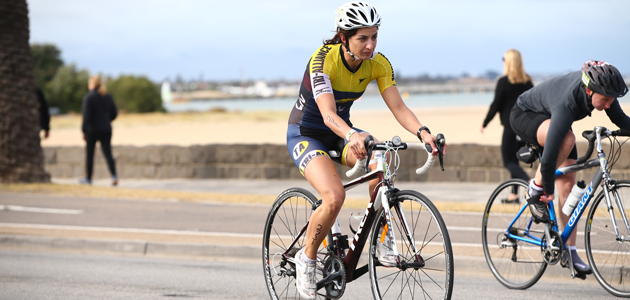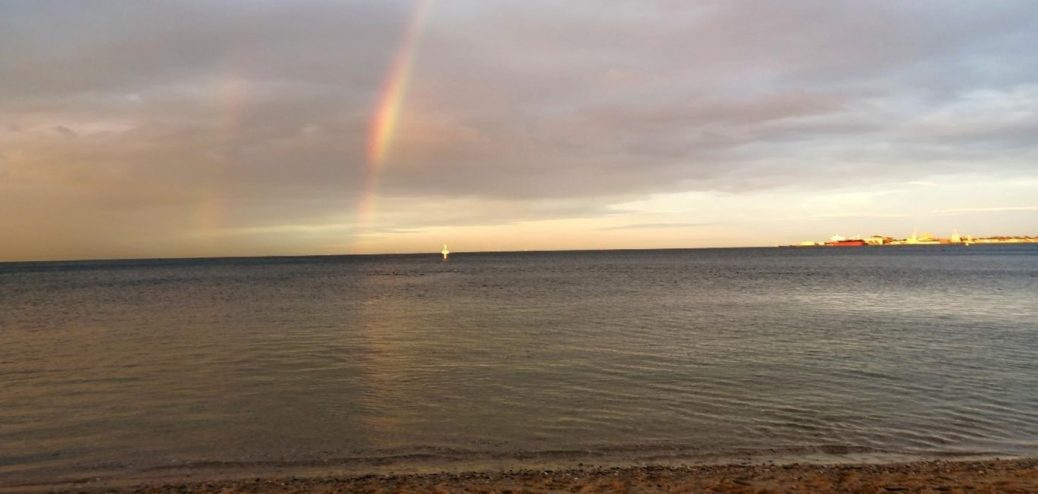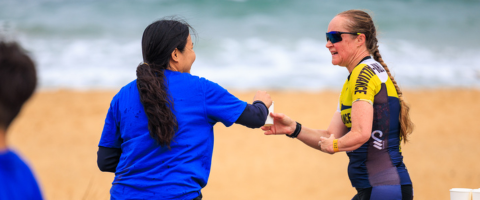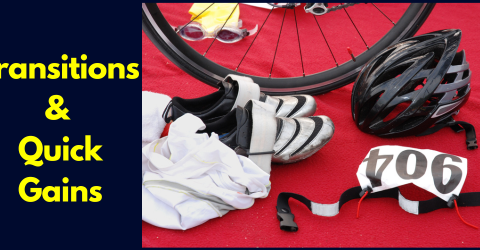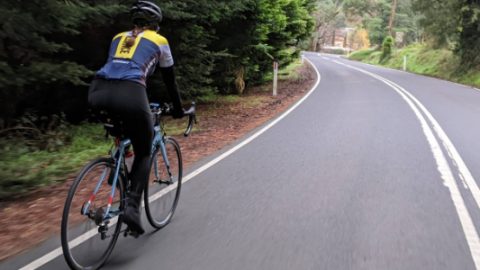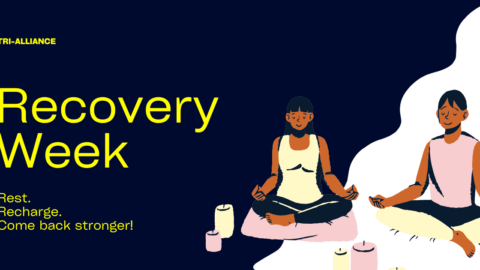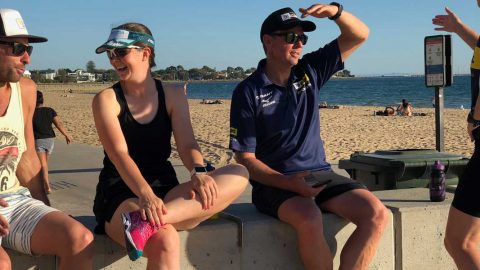Cold Water Addictions
You know when you go for a run, ride, swim, do a hard sweat session or something that gets your adrenaline pumping, you immediately feel good, (albeit knackered), your body releases all these euphoric hormones and makes you feel accomplished, satisfied and relaxed?
Then you go home, the feeling slowly dissipates, you get on with the 9-5 and by dinner forget the feeling ever existed…until the next session.
Cold water therapy has been shown to do just that, but each time you are exposed the benefits last longer and longer.
The jury is still out on conclusive hard evidence, but so far, the stats are looking pretty good…
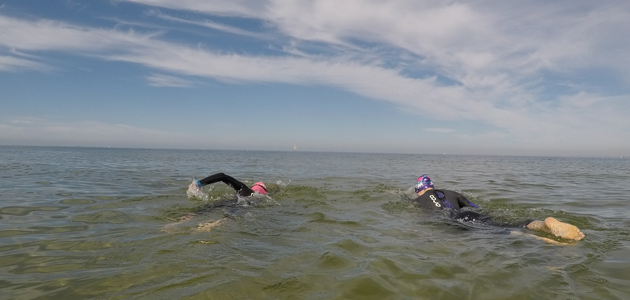
How does it work?
Cold water induces a stress response in your body.
Several clinical studies have shown that as little as 2-3 minutes(1) of cold water immersion can activate the sympathetic nervous system (the part of you that thinks you are being chased by a tiger) which in turn causes you to release cortisol, adrenaline and other hormones.
When you repeat the ‘stress’ on your body the response is dulled down over time, you adapt and become more resilient in your tolerance of stress and not just in the water
Why is it good for me?
Short term;
- Adrenaline sharpens your mental focus, relaxes the airways, increases the heart rate, and reduces your ability to feel pain (temporarily)
- Cold water constricts your blood vessels which can reduce blood flow and potential swelling in your tissues
- Cold is a temporary analgesic and anti-inflammatory and may reduce the stimulus which activates muscle damage, meaning less repair and shorter recovery time(3)
- Cold water gives you a natural high, the release of endorphins when we are in ‘pain’ (yes cold hurts) helps us cope with the stimulus
- Cold water can be a form of mindfulness creating focus, calm and keeping your mind centred while enhancing your skills to manage fear.
- Activates Brown Fat Tissue activity (it keeps you warm) in burning calories and expending energy
Long term:
- Repeated exposure to cold water can have effects on reducing your number of sick days and illness(2) through a lower frequency of infections(4), and an increase in your white blood cell count (the army that fight infections) and
- Reduced perceptions of fatigue(5), reduced stress, improved mental health(6), improved quality of life, work productivity and reduced anxiety
- Cold acclimatisation can adjust the way you insulate and keep warm. Repeated attempts of the body to defend its core temperature creates a stronger constriction of blood vessels on the skin and better control of internal blood flow to retain heat(6)
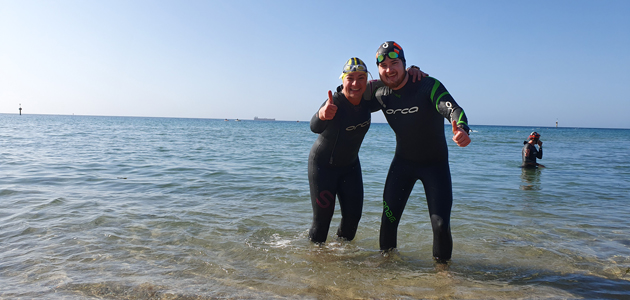
How can I do it?
Start slow, there are risks to sudden cold-water exposure, so you want to take it easy and acclimatise before you increase the duration of exposure.
- 10 second spray of cold at the end of your showers (also tightens your pores and hair follicles and gives you a youthful glow)
- 5-10 minutes soaking in an ice bath or the bay
- 15-25 minutes of winter swimming (never jump in suddenly or swim alone)
TIP: Always be ready with warm clothing, and hot drinks after your exposure. The body keeps cooling down so its important to warm it up as soon as you can.
~ Written by Neda Jamshidi for Tri-Alliance
References:
